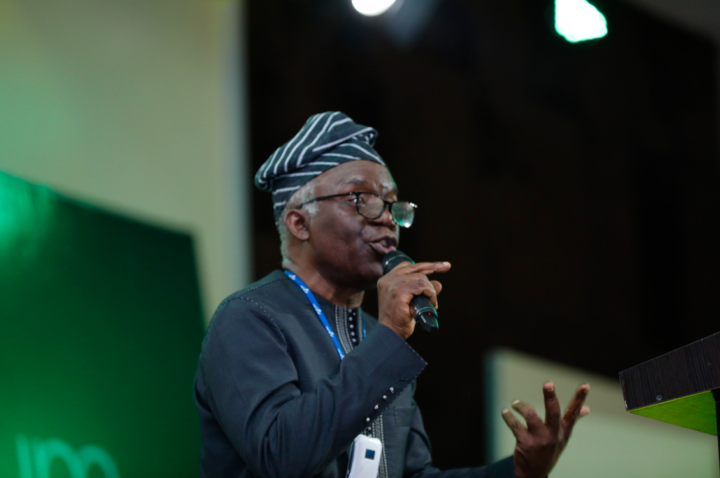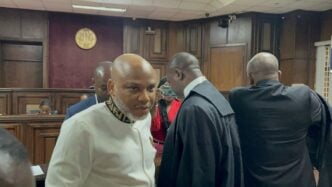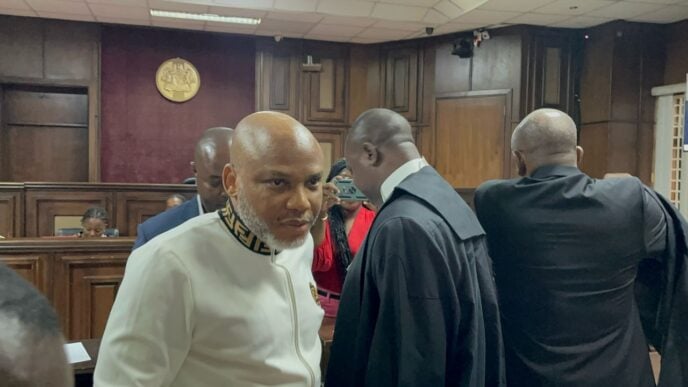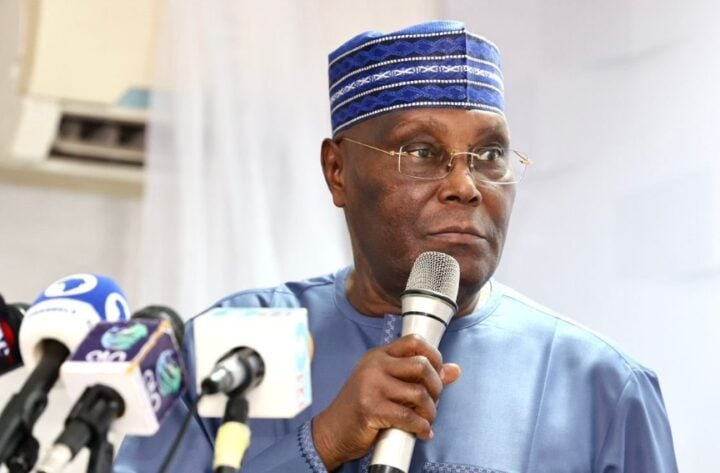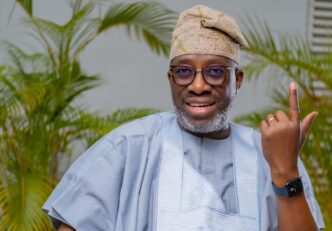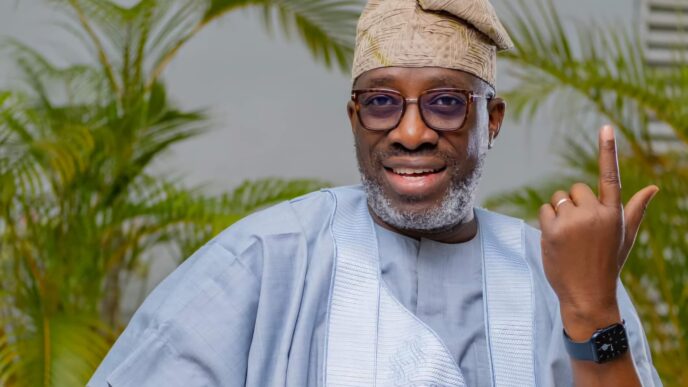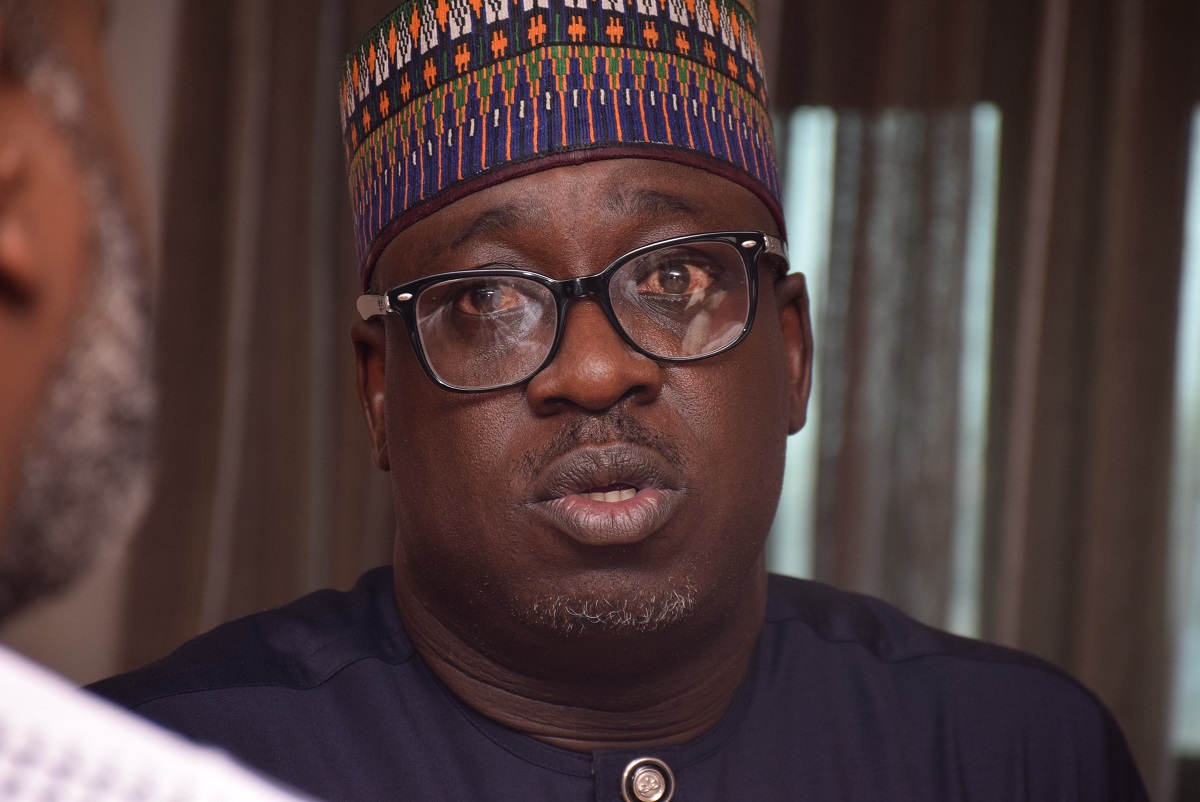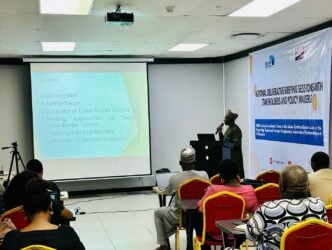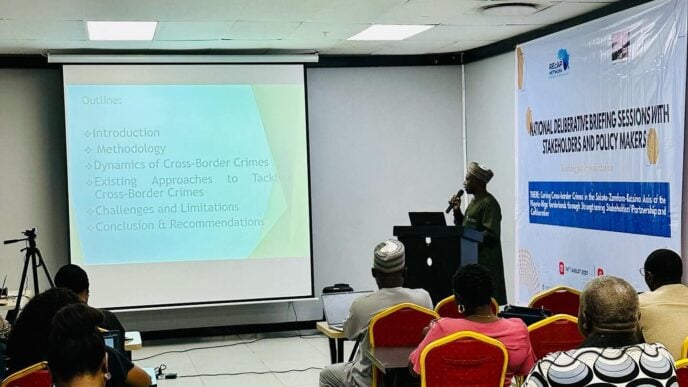Femi Falana
Femi Falana, the human rights lawyer, says Nigeria cannot achieve lasting security unless socio-economic rights are elevated from mere aspirations to enforceable guarantees.
Presenting a paper titled ‘citizens’ rights and security concerns’ at the Nigerian Bar Association (NBA) annual general conference in Enugu on Tuesday, Falana argued that the non-justiciability of socio-economic rights entrenched in the constitution undermines both democracy and stability.
“A nation that is free from bullets but not from hunger, disease, joblessness, squalor, or illiteracy is not secure. It is merely quiet,” he said.
According to him, the current constitutional framework creates a “two-tier system where civil and political rights can be enjoyed by the well-off, while socio-economic guarantees remain paper promises for the poor”. This inequality, he said, is not only unjust but also a security threat.
Advertisement
Falana faulted the judiciary for the “misleading claim that fundamental objectives and directive principles are not enforceable”, pointing to regional and domestic pathways that courts and lawyers can utilise.
“The socio-economic rights enshrined in the African Charter on Human and Peoples’ Rights are enforceable in domestic courts. They are also justiciable before the ECOWAS Court,” Falana said, as he cited cases where governments were held liable for failing to protect lives.
He insisted that Nigerian lawyers and judges must embrace creative interpretations to link socio-economic entitlements with enforceable civil and political rights.
Advertisement
“Denial of education can be framed as a violation of dignity. Environmental degradation can amount to a breach of the right to life,” he added.
The senior advocate of Nigeria also urged the NBA to champion litigation and advocacy to break the barrier of non-justiciability.
“The Bar must lead a campaign for the enforcement of socio-economic rights guaranteed by the African Charter,” he said.
Beyond the courtroom, Falana stressed the role of citizen mobilisation.
Advertisement
“By linking socio-economic justice to daily struggles — food, jobs, healthcare, education — lawyers can translate abstract rights into lived realities for ordinary Nigerians,” he added.
“Security without welfare is brittle; welfare without security is fragile. Rights must not be paper promises but living guarantees.”
